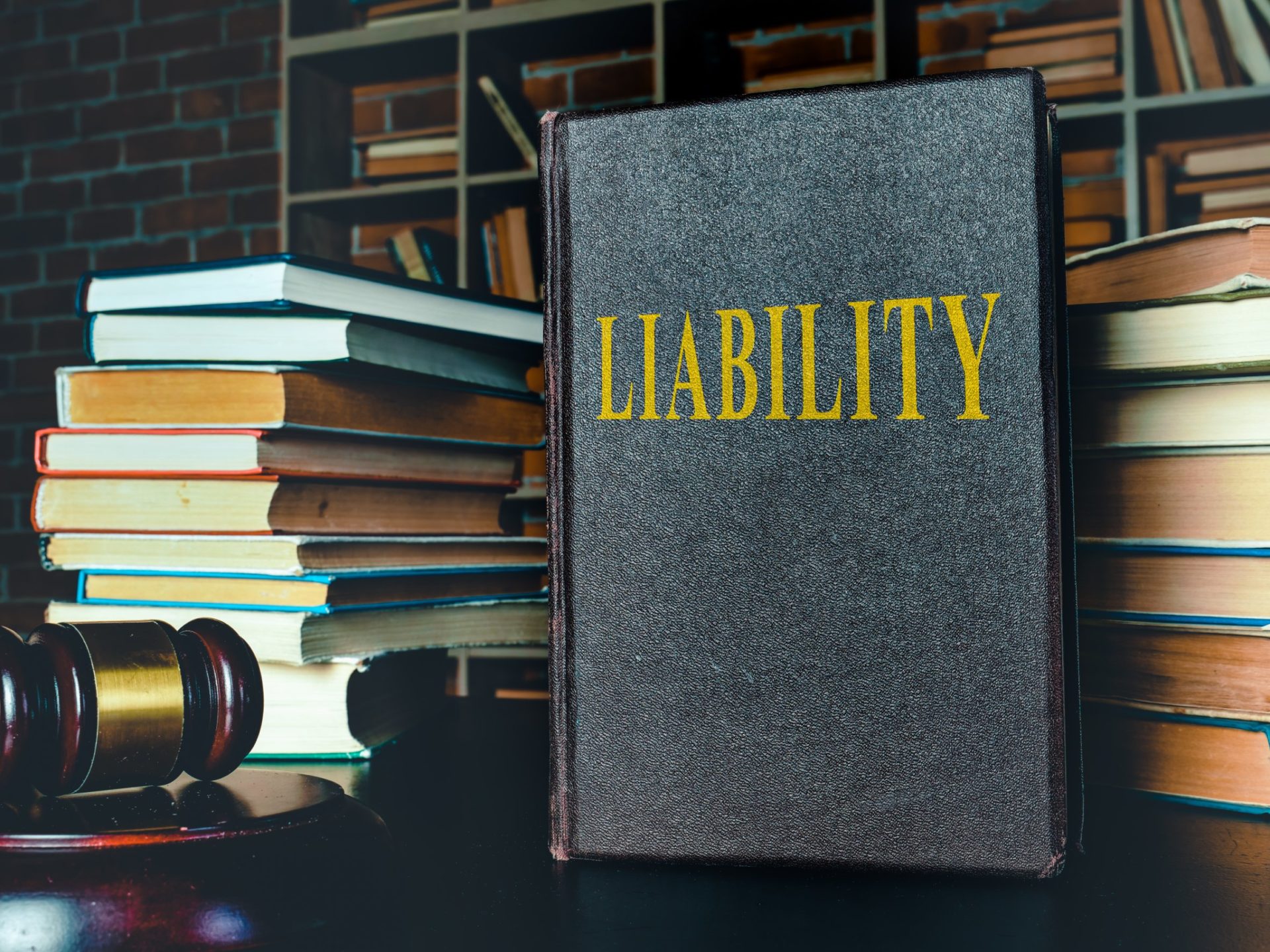
Most people are not experts in the inner workings of the law, which is why lawyers exist! Still, it’s important to have at least a basic understanding of some general concepts that can impact your life if you’re injured. Two such concepts: general liability and premises liability.
General liability is not the same as premises liability, since they refer to two different legal concepts. Here is what you need to know about these two things, how they’re different, and how they could impact you if you get injured on someone else’s property.
Premises Liability in New York: What Is It?
When someone owns a commercial or residential property, they have a legal duty to take reasonable measures to keep that premises safe. Certain groups of people may be owed a higher duty of care by the owner, depending on why they are on the premises.
Trespassers, for example, are owed very little legally by property owners. The owner can’t cause intentional harm to trespassers by setting traps for them, but they don’t have to put too much effort into making the premises safe. However, a property owner does have to take steps to reasonably protect anyone invited onto their property from sustaining injuries.
If you get injured on someone else’s property, it’s up to you to prove:
- That there was a dangerous condition present
- That it was reasonable to see that this condition was hazardous to the safety and health of others
- That the owner knew that it existed but didn’t address it
- That you suffered an injury as a result
If you can establish the above factors in a premises liability claim, you may be awarded damages for your injuries.
General Liability in New York: What Is It?
General liability is also often referred to as negligence. While it may sound similar to premises liability, it has different requirements that must be proven to be successful.
When bringing a lawsuit under general liability or negligence, you must show the following things:
You Were Owed a Duty of Care
You must demonstrate to the court that the person you are seeking compensation from owed you a legal duty of care.
That Duty Was Breached
Once you have established duty, you now have to show how this duty was breached by the person you are suing.
There Is Causation
The negligence displayed by the person or entity you are suing must be what led directly to the accident that hurt you.
You Were Harmed
Finally, you must demonstrate that you suffered damages or financial losses as the result of your injury.

Legal concepts like these tend to be complex and difficult for people to understand – or even spend the time trying. That’s understandable and is why there are many attorneys that focus solely on this type of law. They know the ends and outs of premises liability and negligence claims so that they can help you get the compensation you are entitled to if you suffer injury due to another’s oversight or downright negligence.









